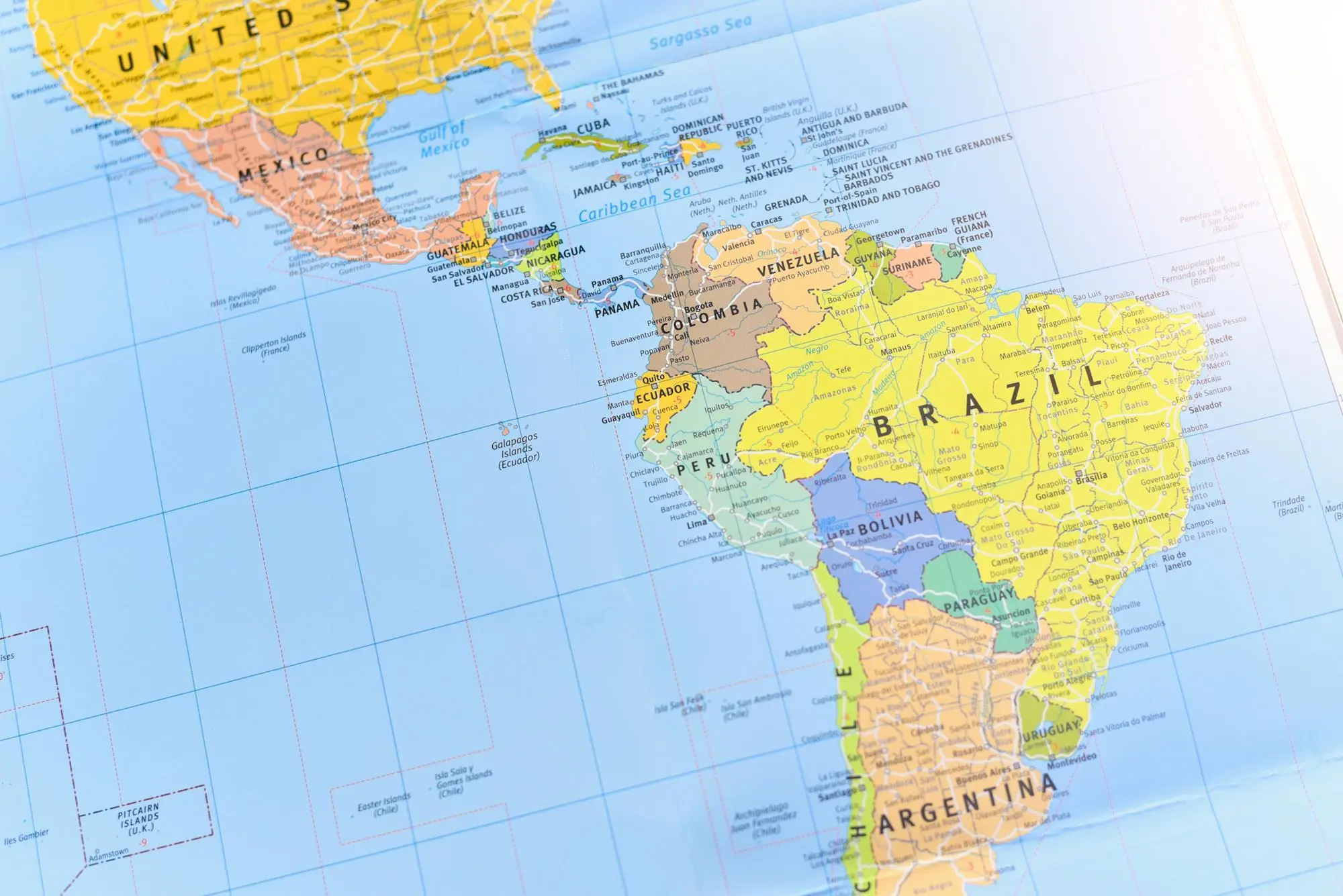[ad_1]
(Evaluation) Latin America has more and more turn into a battleground for diplomatic conflicts, characterised by mutual accusations, threats, and name-calling.
Within the newest incident, armed brokers stormed the Mexican embassy in Quito and detained Jorge Glas, Ecuador’s former Vice President.
Glas had lately been granted political asylum by Mexico. This breach of worldwide norms on April 5 sparked a major dispute.
As a consequence Mexico sued Ecuador on the Worldwide Court docket of Justice and request its short-term suspension from the United Nations.
This case is an element of a bigger sample of entrenched diplomatic tensions in Latin America.
In one other a part of the area, Venezuela has precipitated unrest with its political maneuvers.


Below Nicolás Maduro’s management, the federal government made the choice to annex the Esequibo area from Guyana, resulting in vital criticism and heightened tensions.
Maduro’s lack of transparency in electoral processes has additionally drawn criticism from leaders like Colombia’s Gustavo Petro and Brazil’s Luiz Inácio Lula da Silva.
Chilean relations additionally worsened when President Boric recalled his ambassador from Caracas.
This motion adopted after Venezuelan authorities have been linked to the homicide of an exiled ex-military officer.
Escalating Diplomatic Tensions Reveal a Panorama of Battle in Latin America
Additional South, Argentina’s President Javier Milei has been concerned in a number of diplomatic disputes since taking workplace.
His libertarian stance sharply contrasts with different regional leaders, resulting in strained relationships and a rising concern of competitors.
Worldwide buyers have expressed robust help for Milei and his market-friendly method, which minimizes authorities intervention.
This method stands out in Latin America, particularly in comparison with current developments in Brazil.
Ideological shifts are influencing these tensions. Milei’s victory launched one other right-leaning authorities to a continent beforehand dominated by leftist administrations.
Moreover, Gustavo Preto’s current comparability of Milei to Adolf Hitler has infected tensions between the presidents, exacerbating the discord.
In Central America, Nicaragua’s authoritarian leaders, Daniel Ortega and Rosario Murillo, face isolation, whereas Salvadoran President Nayib Bukele’s strict safety insurance policies have stirred controversy.
These and different points underscore the complicated and turbulent diplomatic panorama in Latin America, highlighting deep divisions and the area’s difficult geopolitical local weather.
[ad_2]






